Laboratory of Architectural Environmental Design and Building Facilities
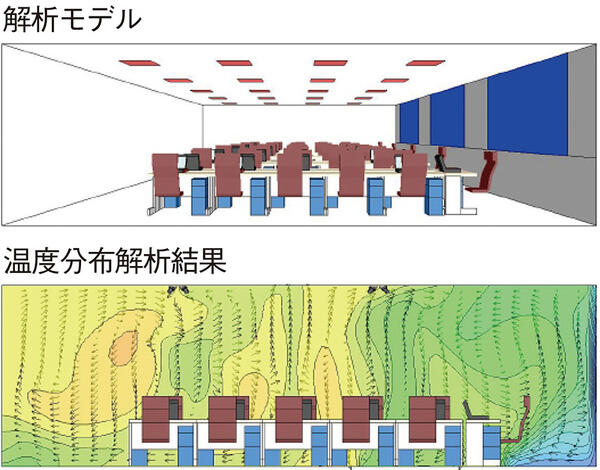
Rresearch images
ecology
In limited areas such as urban cities, the social and cultural activities of human beings are likely to negatively affect the living environment in the area. For sustainable community development, harmony between the activation of community activities
and conservation of the living environment is inevitable.
In addition, to realize this, there is a necessity to work on the issues spreading across a range of fields including electrical engineering and computer science, materials science, chemistry, mechanical engineering, architecture and civil engineering.
Doctoral candidates in the Regional Environment System Course will deepen research in their own specialized field. At the same time, it is also aimed that they will contribute to forming the foundation of a better society, culture and life in
the regional environment by having an insight into the influence and effect of technology on society and nature, and through exchanging information among researchers from different specialized fields. The educational goal of this course is to
nurture talents who have a broad view regarding the regional environment and can achieve this aim, by making use of their highly specialized knowledge.
The educational goal of the Regional Environment Systems Course is to nurture talents who have a broad viewpoint regarding the regional environment and who are capable of realizing their own ideas utilizing a high degree of expertise. Obtaining a degree in this course will require the candidates to fulfil the following requirements, in addition to submitting a doctoral thesis. Candidates will:
The degree of Doctor of Philosophy (Engineering or Science) will be awarded to those who meet the following criteria. In addition to the submission of a dissertation, the following criteria must be met in order to receive a degree in this course.
The curriculum offered in the Regional Environment Systems Course (this course) is composed with the aim of nurturing talents who will realize harmony between the activation of community activities and conservation of the living environment through a range of fields including electrical engineering and computer science, materials science, chemistry, mechanical engineering, architecture and civil engineering. Therefore, research guidance and subjects covering many different fields have been prepared. In this way, the foundation of the course is based on the idea that curriculums in each area within the wide range of coverage will work to deepen the research in specialized fields. However, the course also encourages and leads doctoral candidates towards being involved in exchanges between different fields and the fusion boundary region, including the relationship between technology and society, nature and the environment, and provide opportunities to acquire the knowledge, which will enable them to contribute to society, culture, sophistication of life, purification, normalization, as well as the improvement of reliability and safety.
Furthermore, the basic policy of the curriculum of this course is: to enable the doctoral candidates to not only accumulate specialized knowledge but also to enhance the skills to utilize such knowledge; to enable the candidates to acquire a high degree of specialized knowledge and skills as well as a wide range of knowledge and insights, taking into account the fact that this course is for the doctoral candidates in the Graduate School of Engineering and Science and that its purpose is for them to gain the doctoral degree; to become a place for learning in which the candidates will enhance their communication skills and acquire skills to appropriately present their research outcomes.
The Department of Regional Environment Systems aims to contribute to the formation of a better society, culture and life in the regional environment through the exchange of information among researchers in different specialized fields. With a broad perspective on the local environment and utilizing our high level of expertise, we seek to develop human resources who can realize their own ideas. For that purpose, a wide range of curriculums are the basis for deepening research in specialized fields. However, it is necessary to promote cross-disciplinary exchanges and guidance to boundaries and fusion areas, including the relationship between technology and society, nature, and the environment. We encourage students to acquire knowledge that can contribute to the sophistication, purification, normalization, reliability, and safety of society, culture, and life, so we are seeking the students listed below as human resources who can respond to these educational policies.

 ecology
ecology


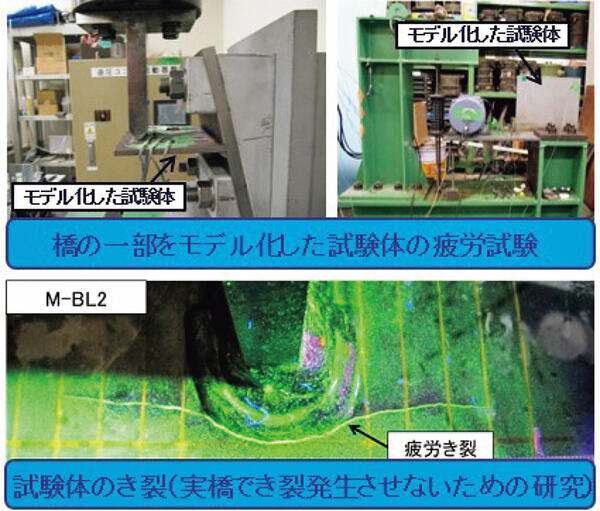
 safety
safety
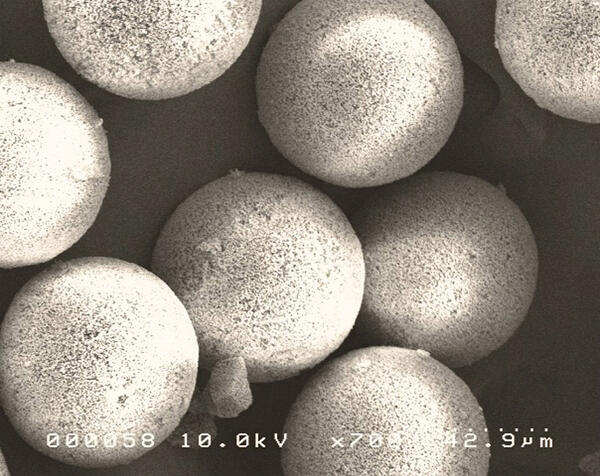
 energy
energy chemistry
chemistry ecology
ecology

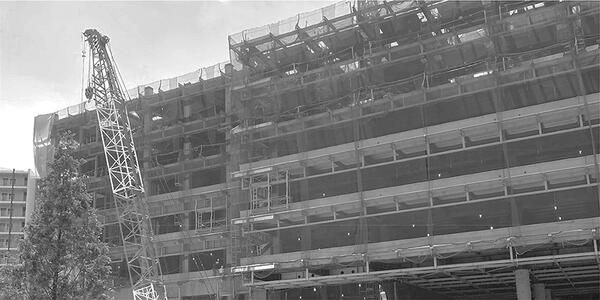
 safety
safety environment
environment architecture
architecture






 aerospace
aerospace energy
energy material
material


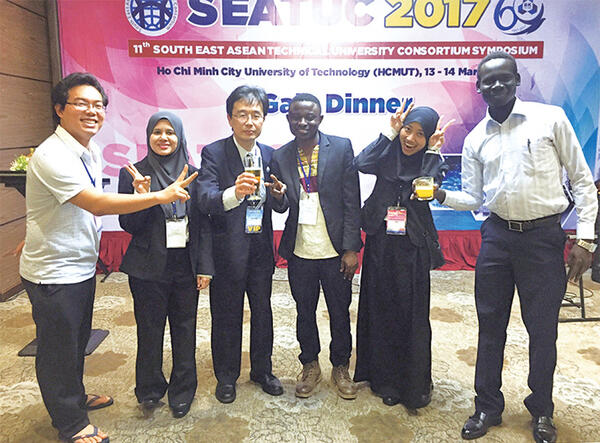
 energy
energy



 architecture
architecture
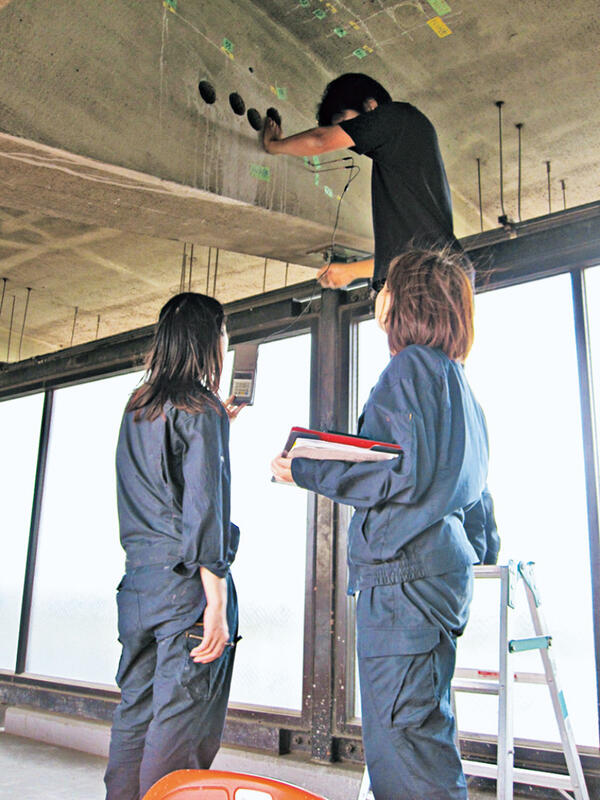
 safety
safety

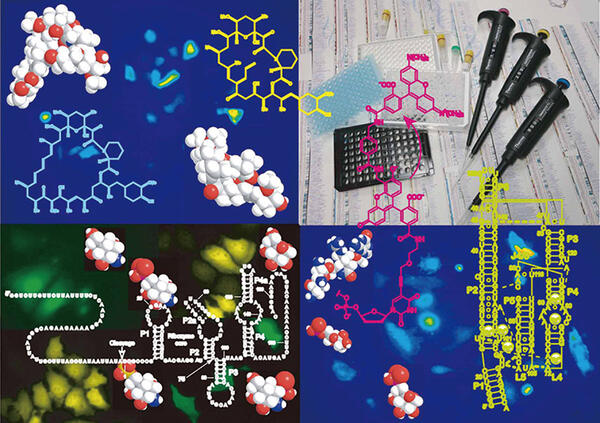
 chemistry
chemistry
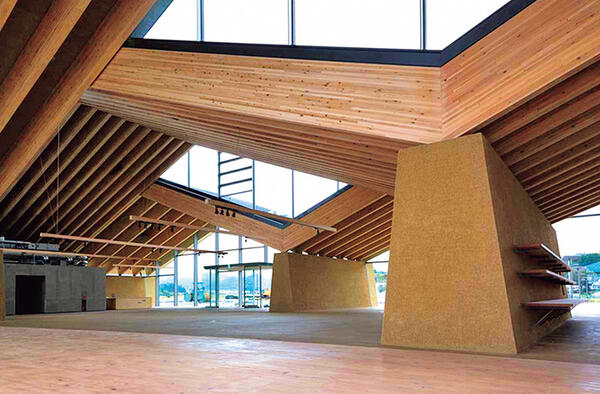
 architecture
architecture


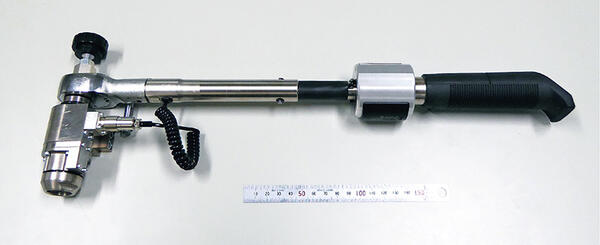
 mechanical
mechanical car
car aerospace
aerospace


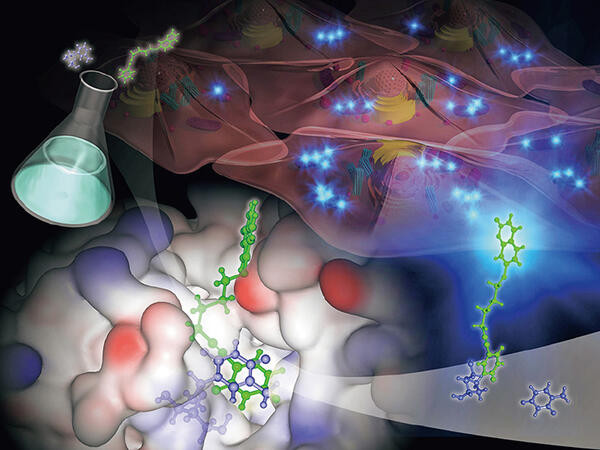
 medical
medical


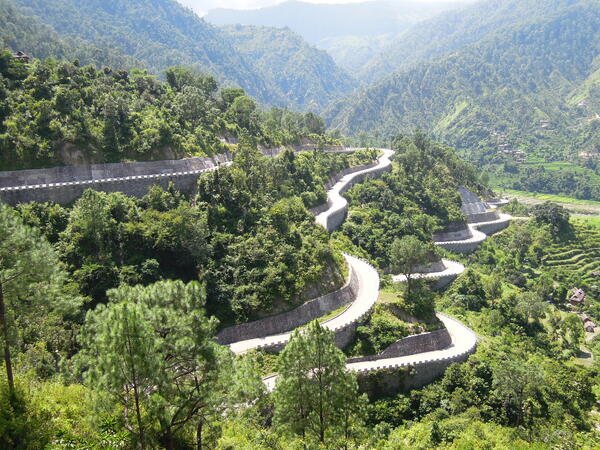
 society
society safety
safety environment
environment


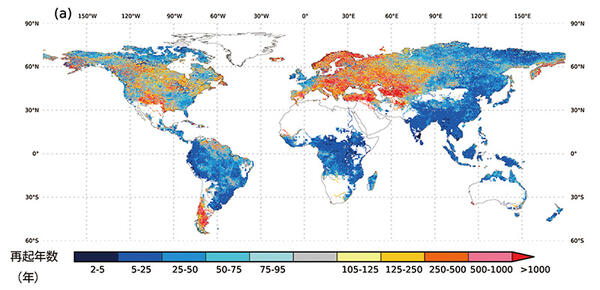
 environment
environment



 software
software communication
communication society
society


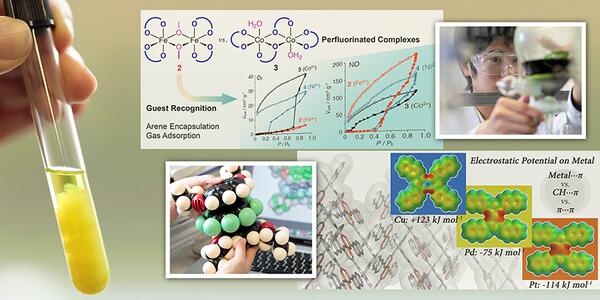
 chemistry
chemistry material
material


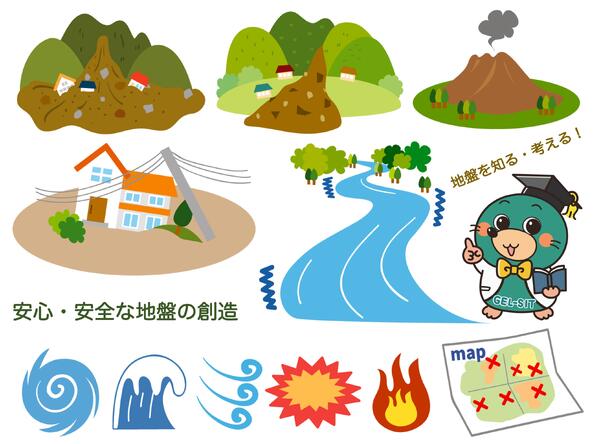
 material
material safety
safety environment
environment



 environment
environment architecture
architecture society
society


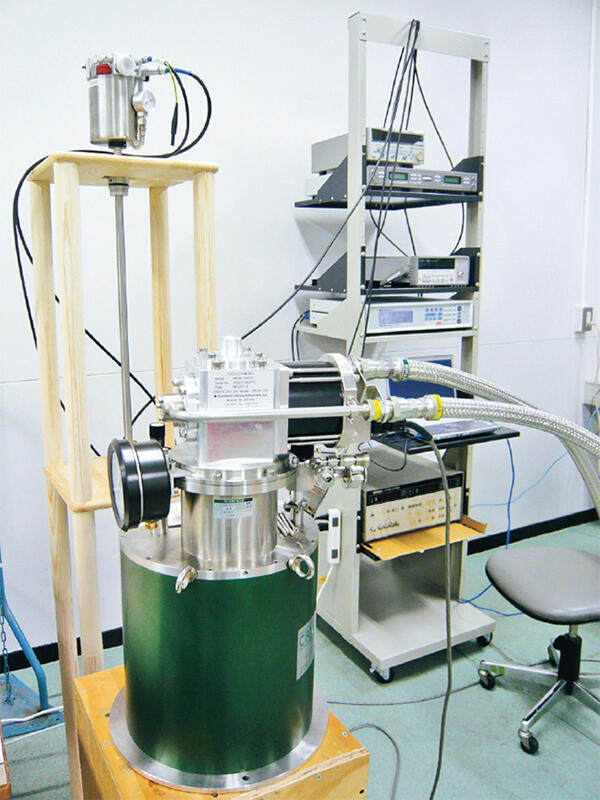
 material
material


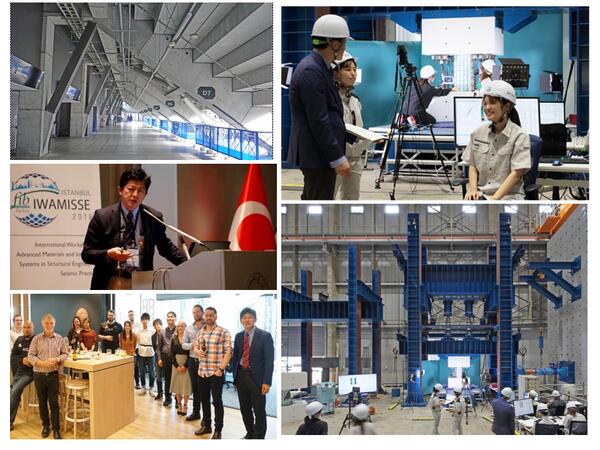
 safety
safety environment
environment architecture
architecture


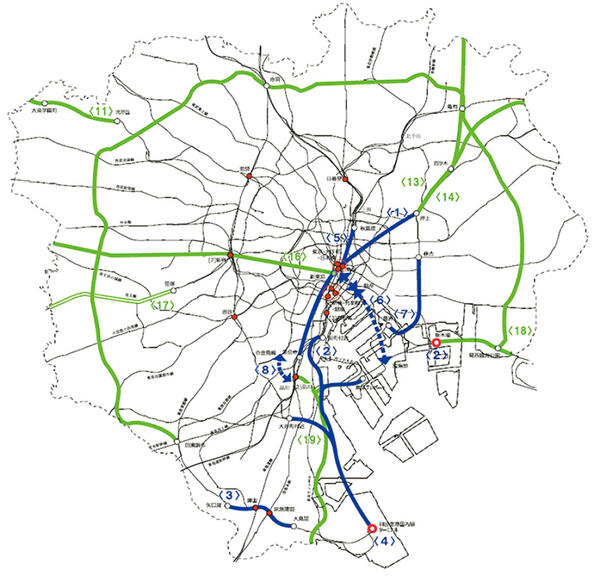
 society
society

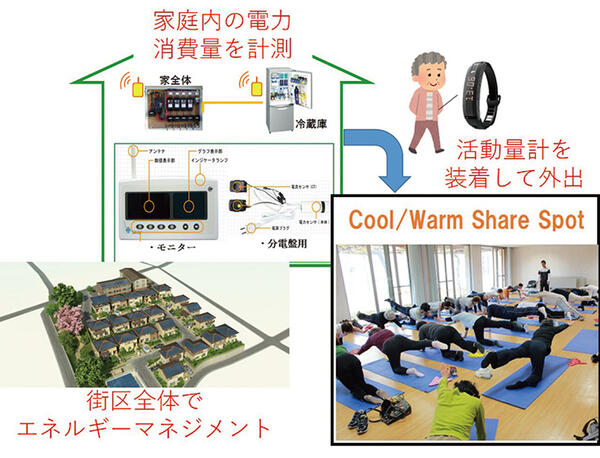
 energy
energy environment
environment society
society


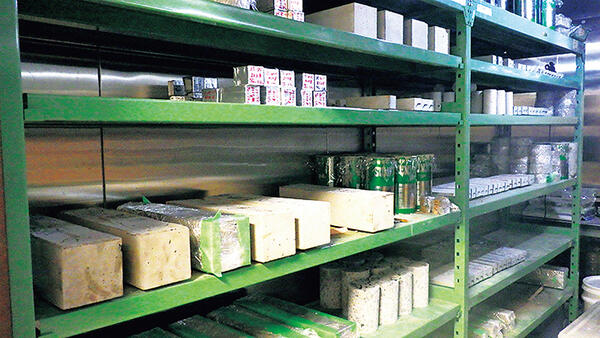
 safety
safety
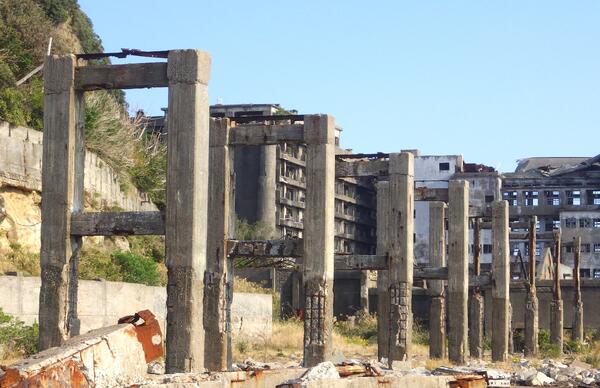
 safety
safety


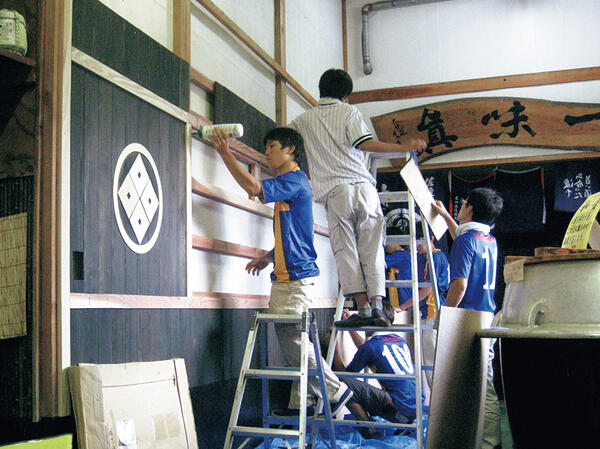
 architecture
architecture


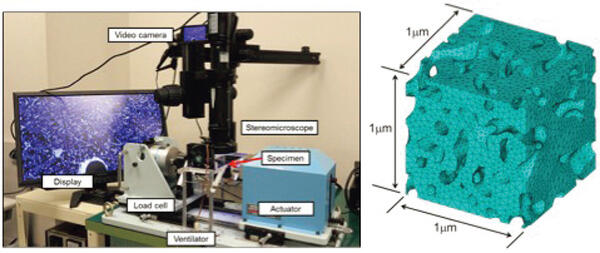
 hardware
hardware


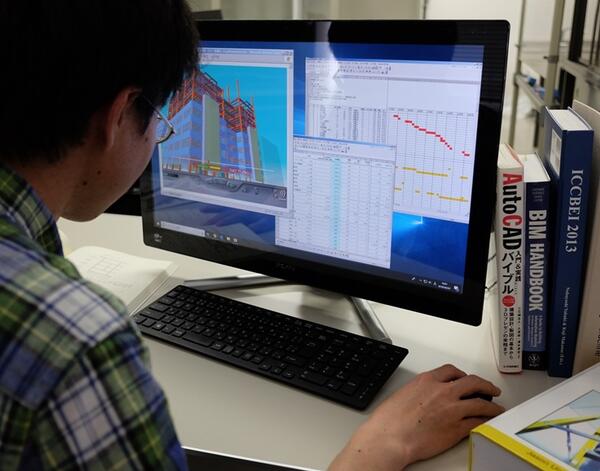
 software
software architecture
architecture society
society






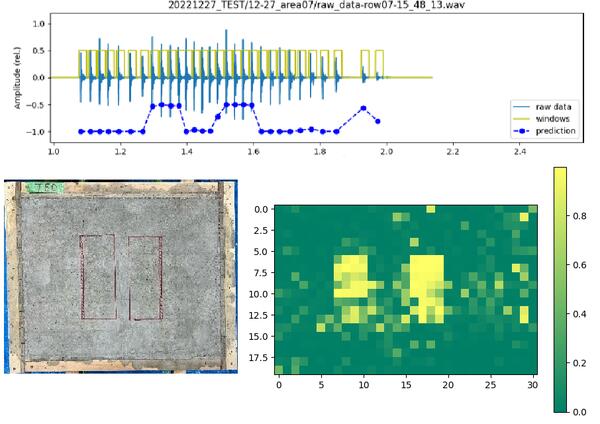
 safety
safety
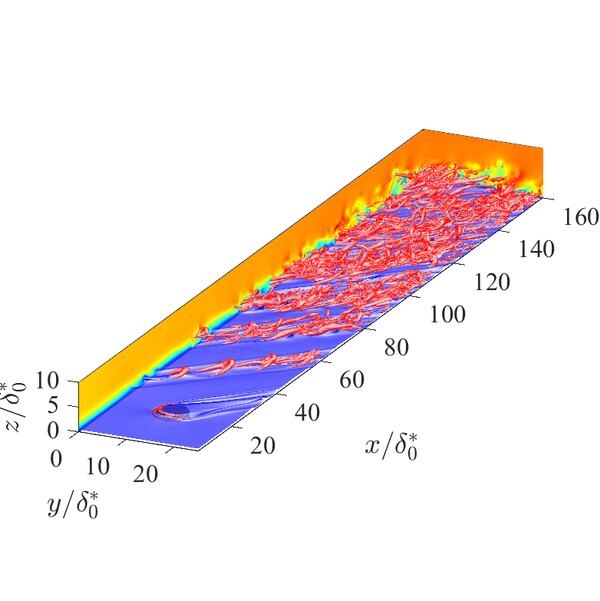
 aerospace
aerospace energy
energy basic
basic



 material
material
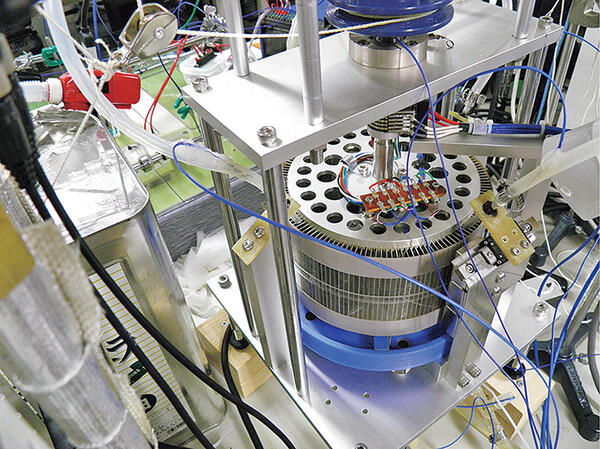
 energy
energy


 safety
safety architecture
architecture basic
basic


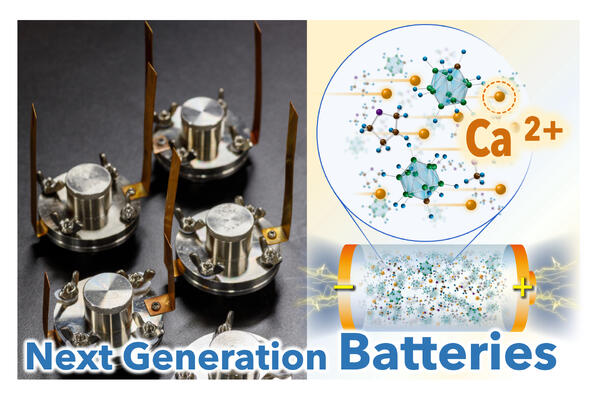
 energy
energy chemistry
chemistry material
material


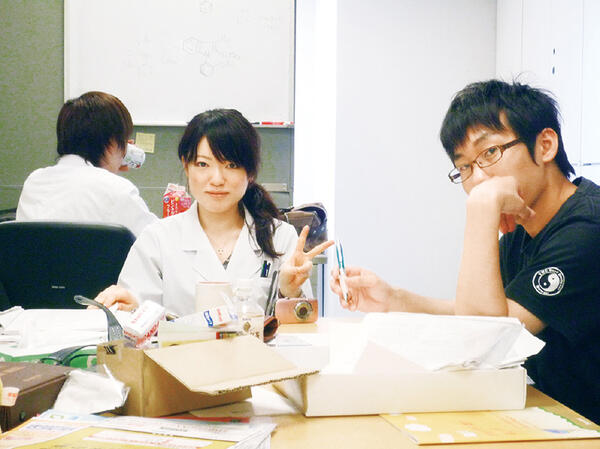
 chemistry
chemistry

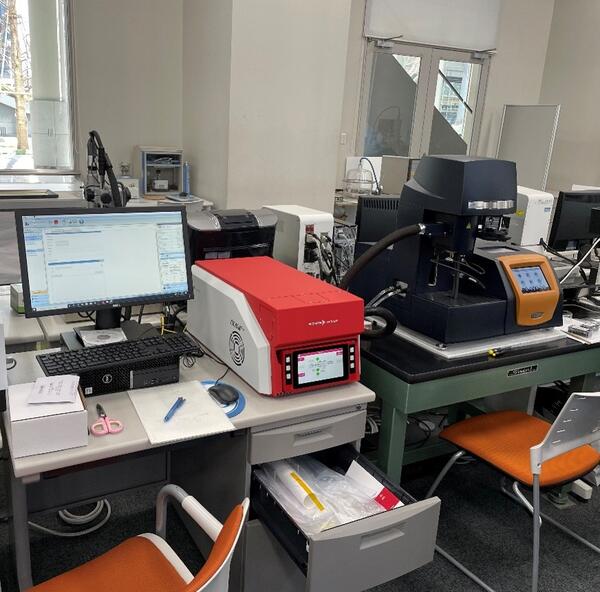
 energy
energy chemistry
chemistry material
material
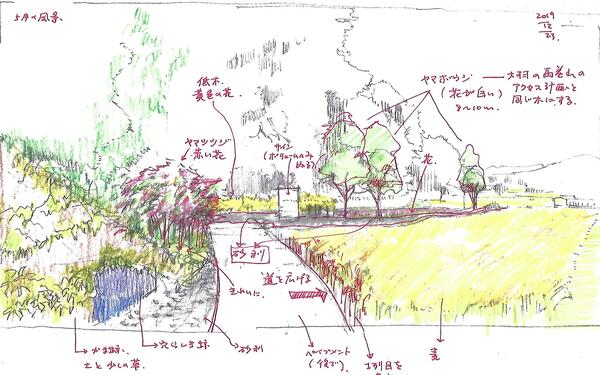
 environment
environment architecture
architecture


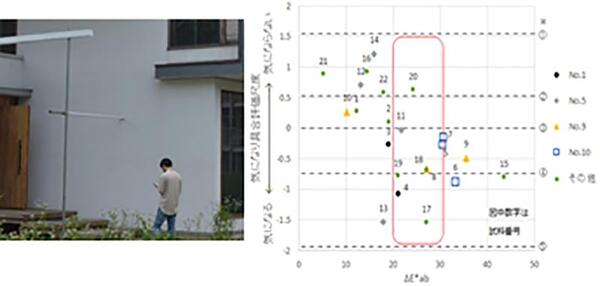
 safety
safety

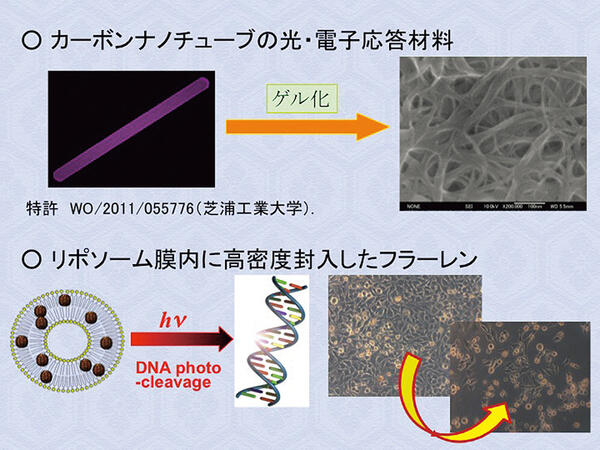
 chemistry
chemistry

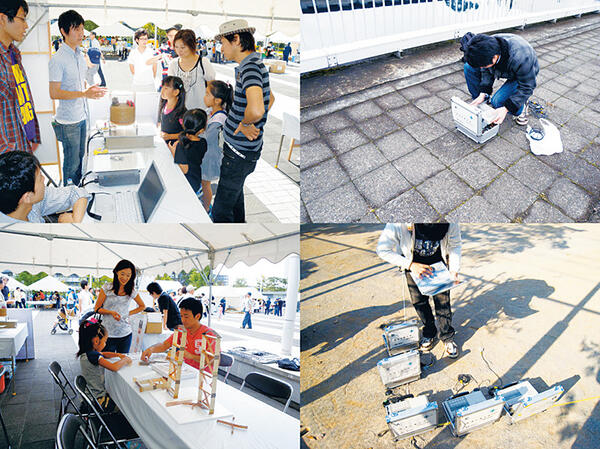
 safety
safety
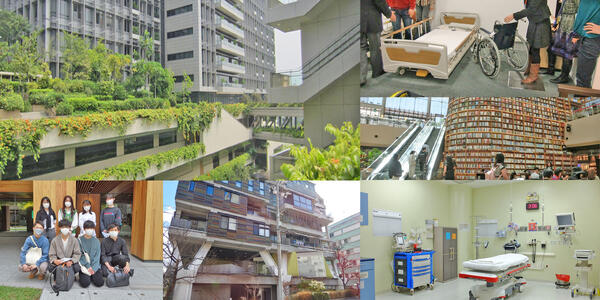
 architecture
architecture
 safety
safety

 ecology
ecology environment
environment society
society


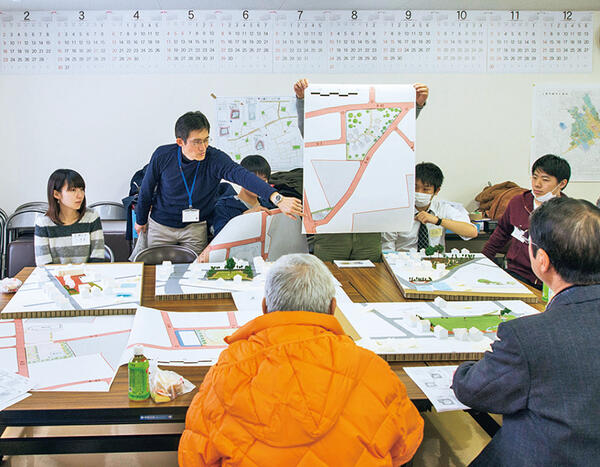
 environment
environment


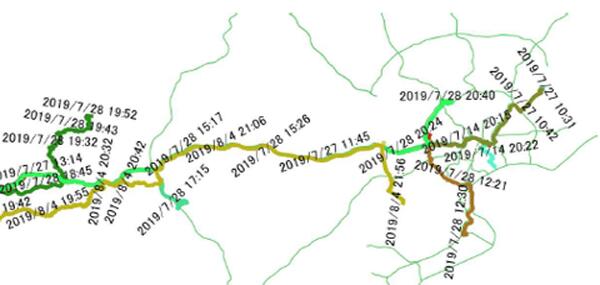
 communication
communication environment
environment society
society
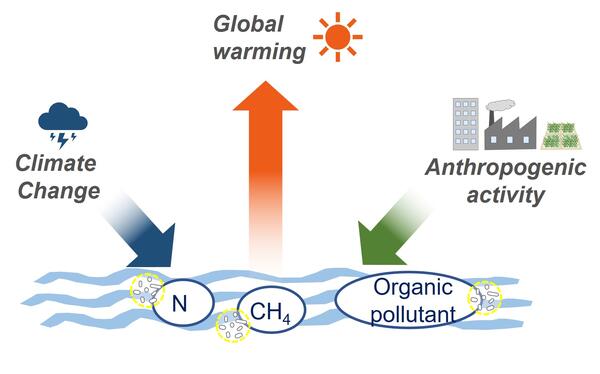
 biotechnology
biotechnology ecology
ecology environment
environment


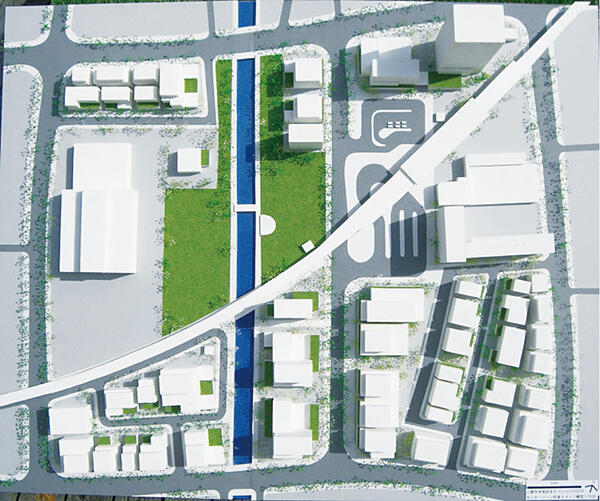
 architecture
architecture
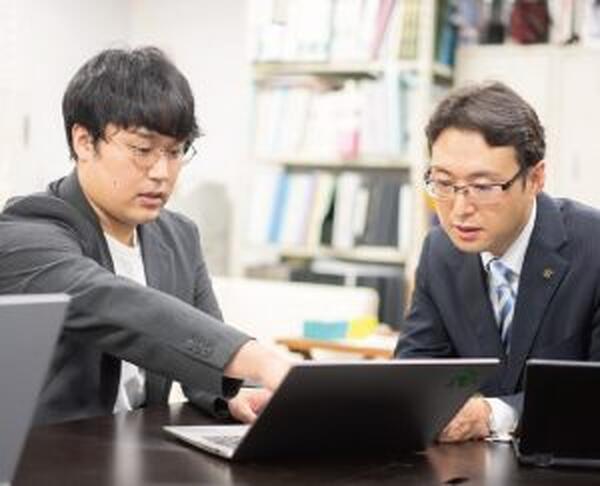
 safety
safety environment
environment architecture
architecture


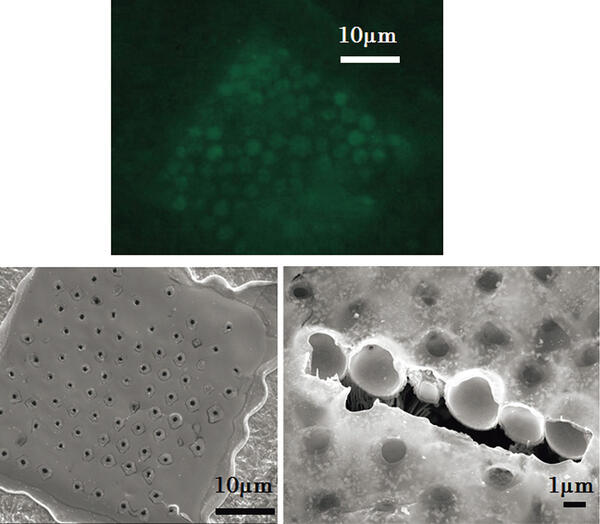
 chemistry
chemistry material
material biotechnology
biotechnology

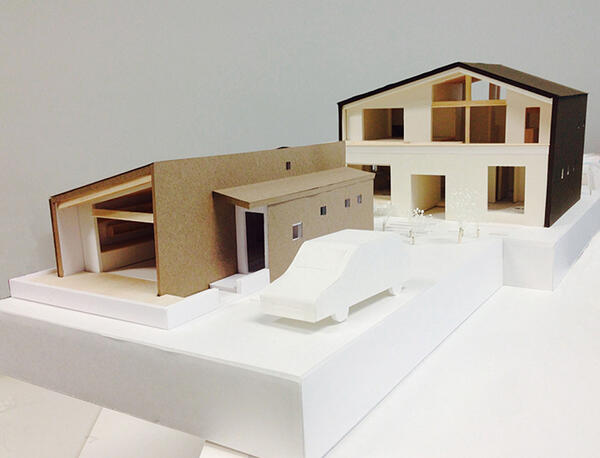
 architecture
architecture


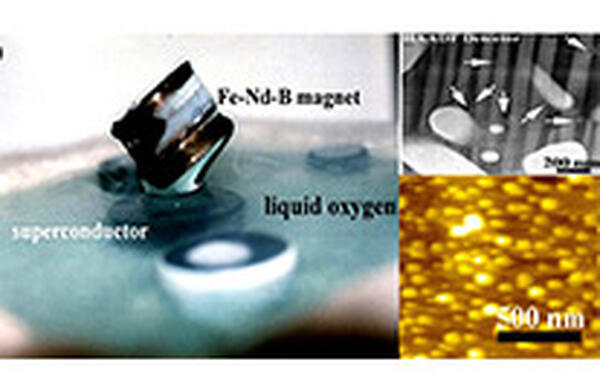
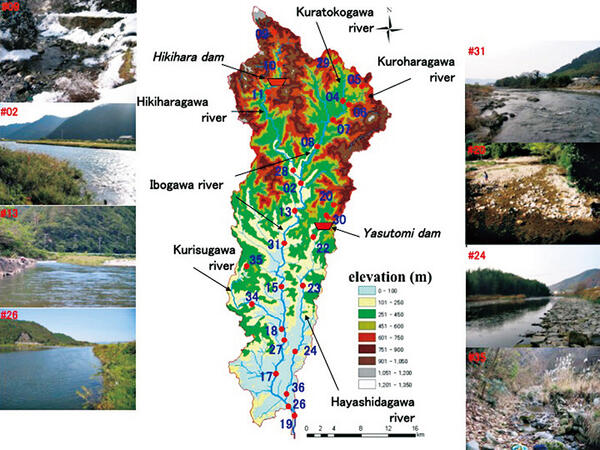
 ecology
ecology safety
safety environment
environment



 environment
environment architecture
architecture informationdesign
informationdesign


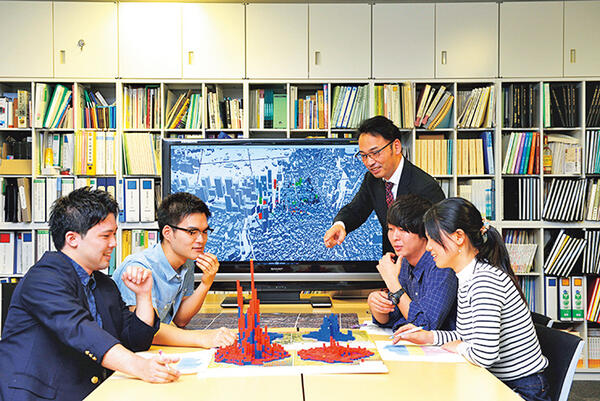
 environment
environment

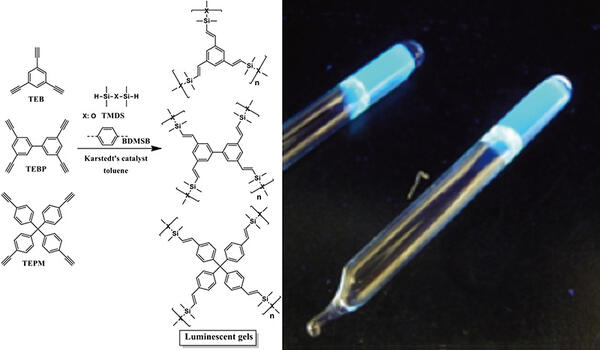
 material
material
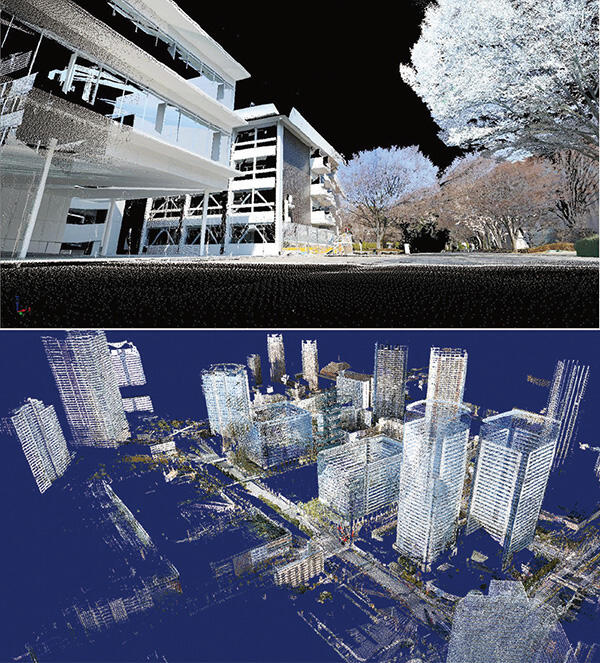
 environment
environment


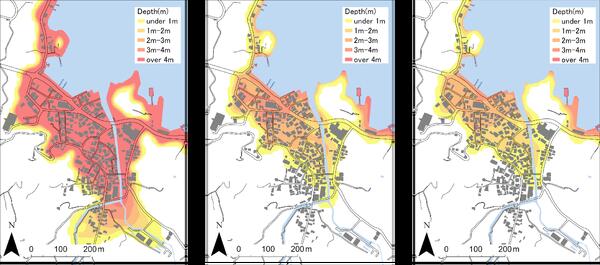
 safety
safety environment
environment architecture
architecture


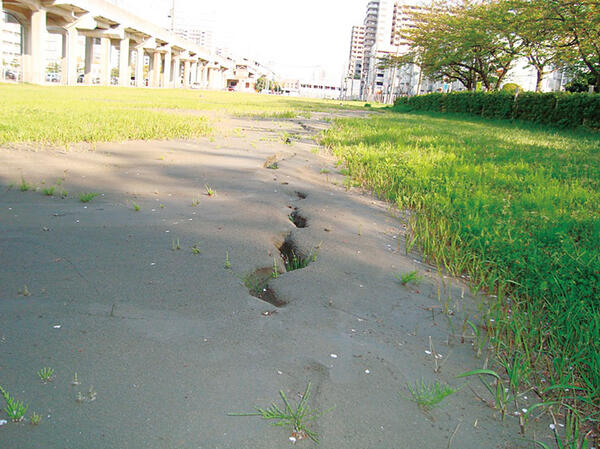
 safety
safety

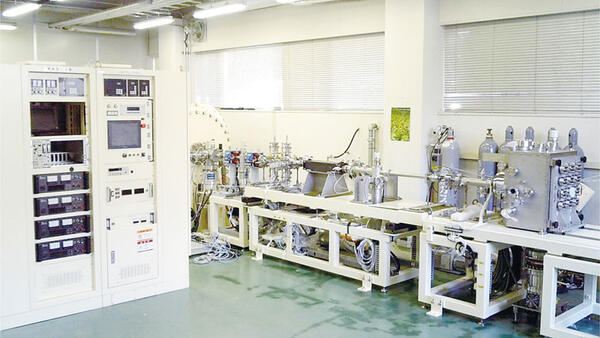
 material
material


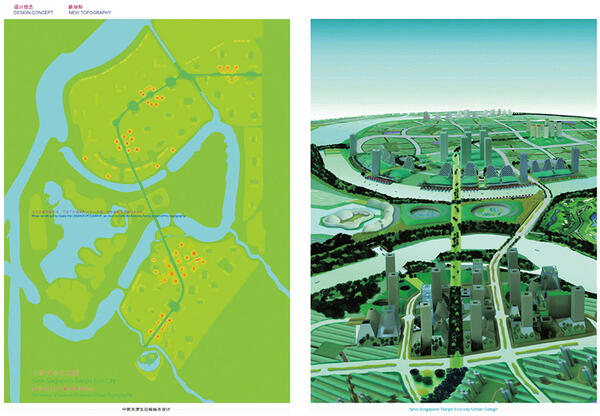
 environment
environment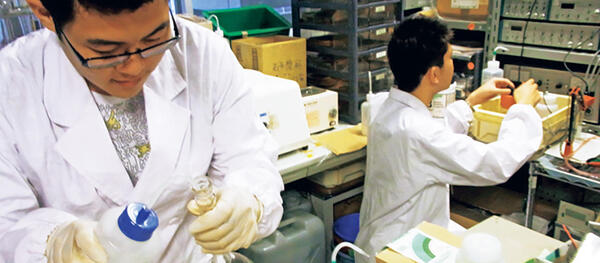
 chemistry
chemistry
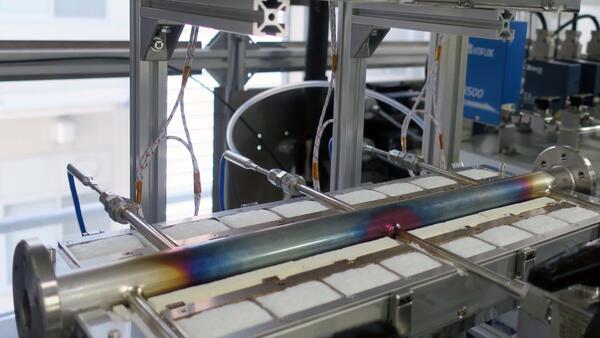
 ecology
ecology


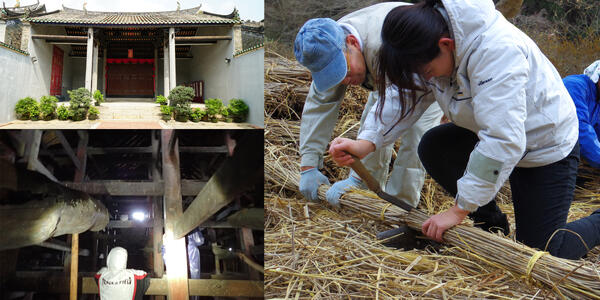
 environment
environment architecture
architecture society
society


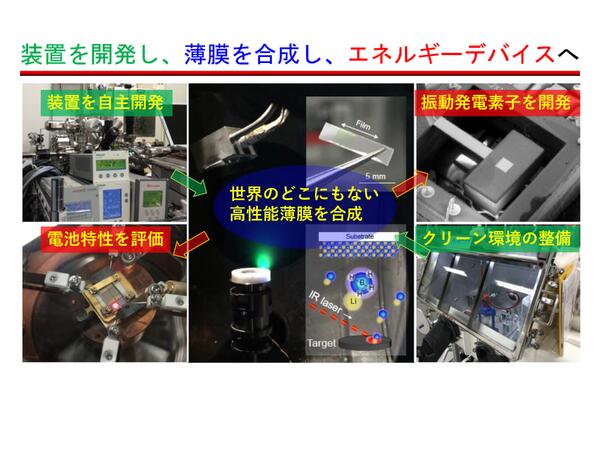
 energy
energy chemistry
chemistry material
material

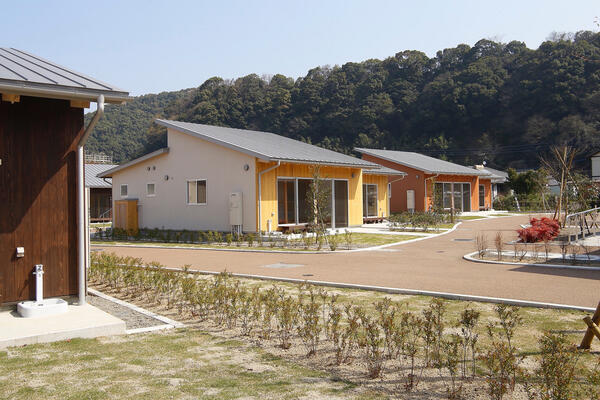
 environment
environment architecture
architecture


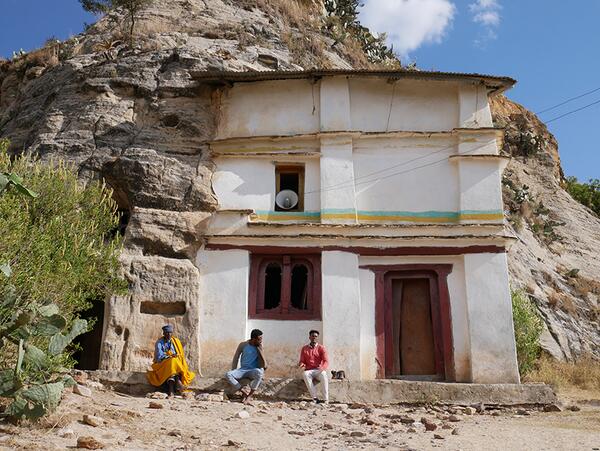
 environment
environment architecture
architecture


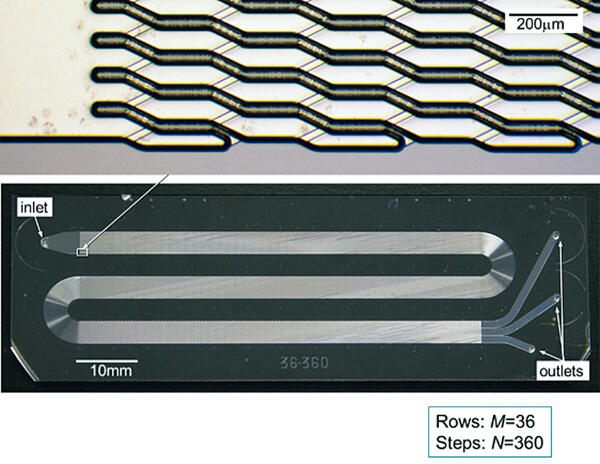
 mechanical
mechanical

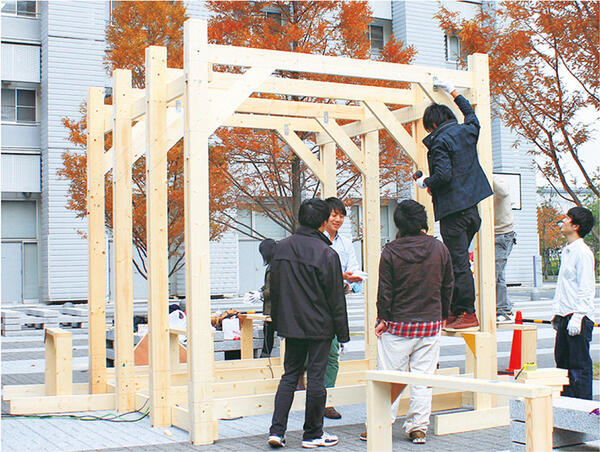
 architecture
architecture


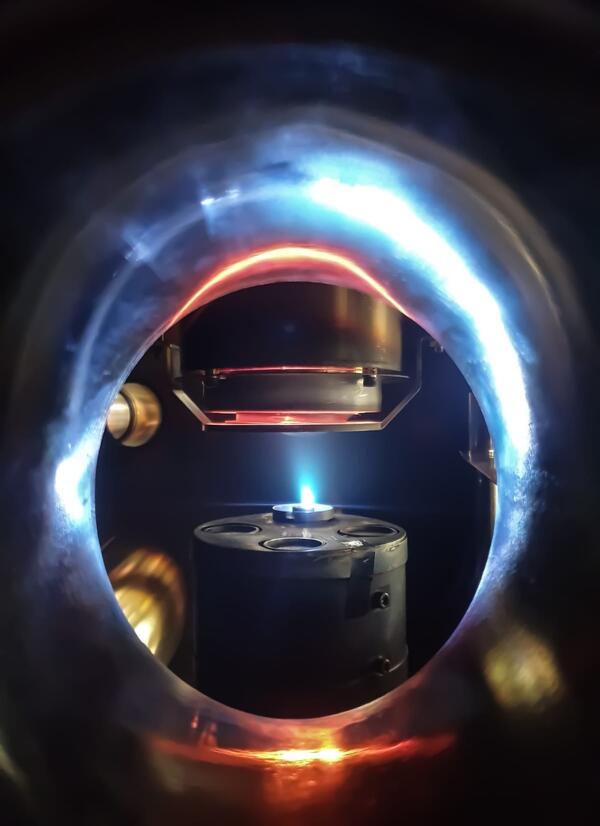
 energy
energy chemistry
chemistry material
material




 mechanical
mechanical ecology
ecology multi
multi


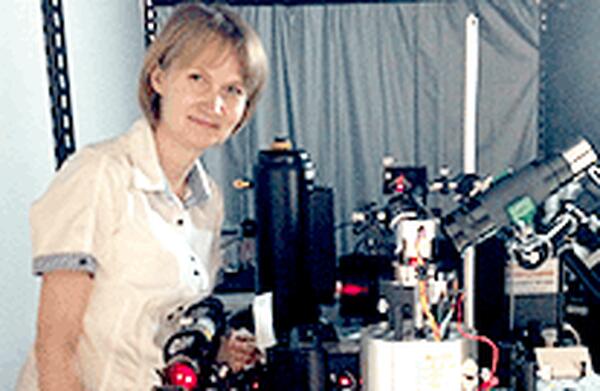
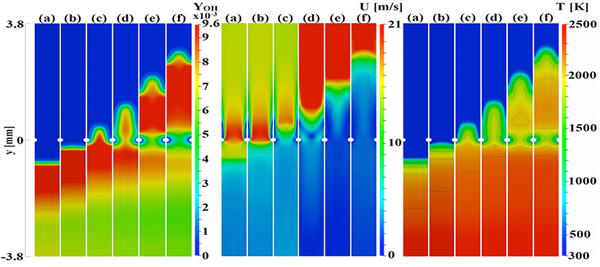
 energy
energy
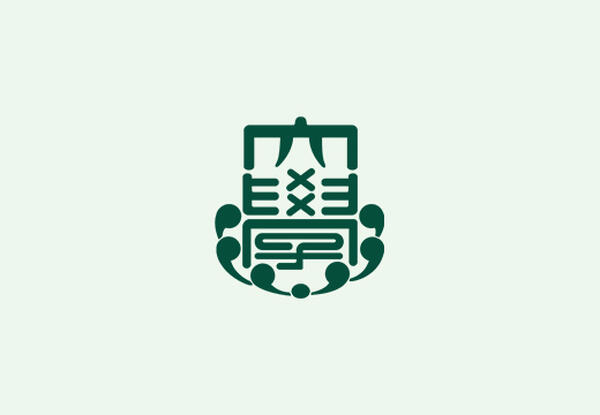
 chemistry
chemistry material
material

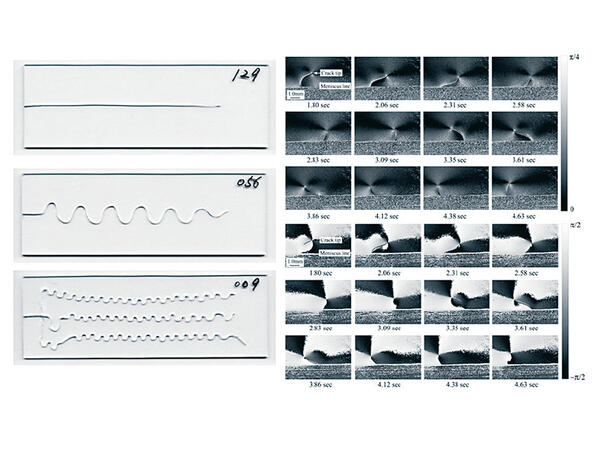
 mechanical
mechanical

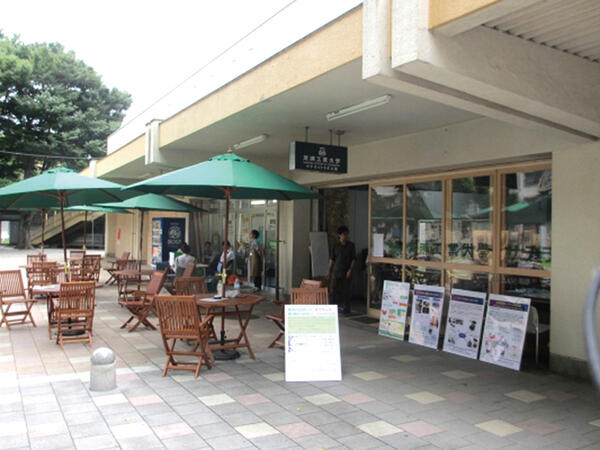
 environment
environment


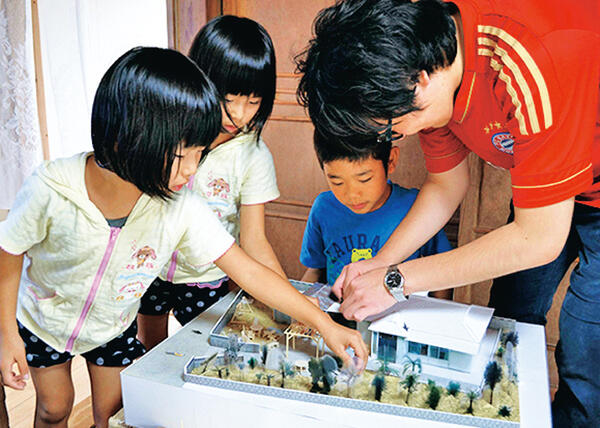
 environment
environment

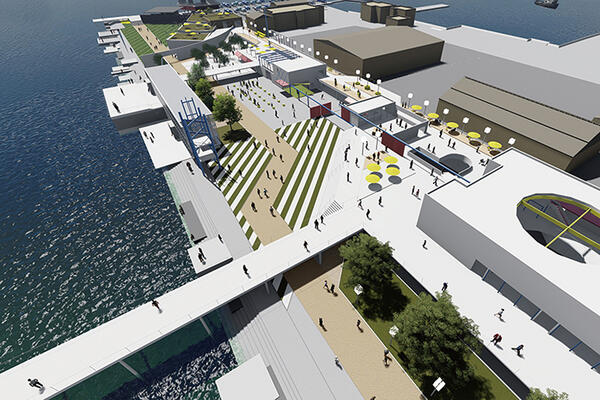
 architecture
architecture


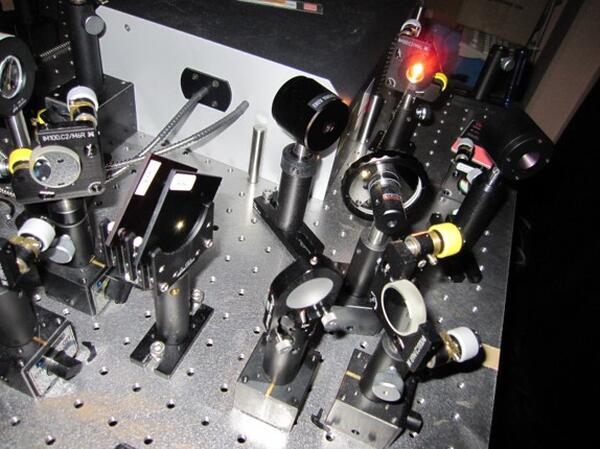
 chemistry
chemistry biotechnology
biotechnology medical
medical

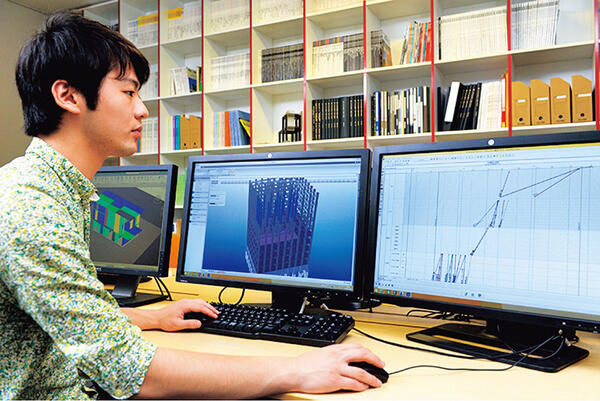
 environment
environment architecture
architecture society
society


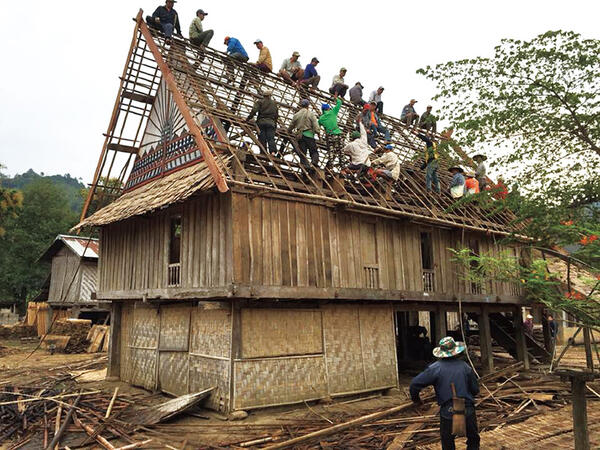
 architecture
architecture


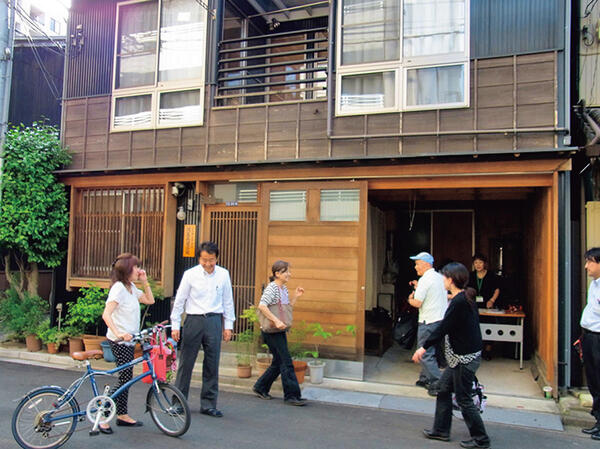
 environment
environment


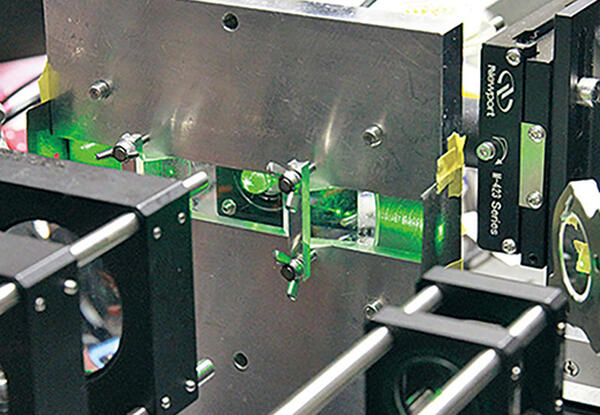
 energy
energy


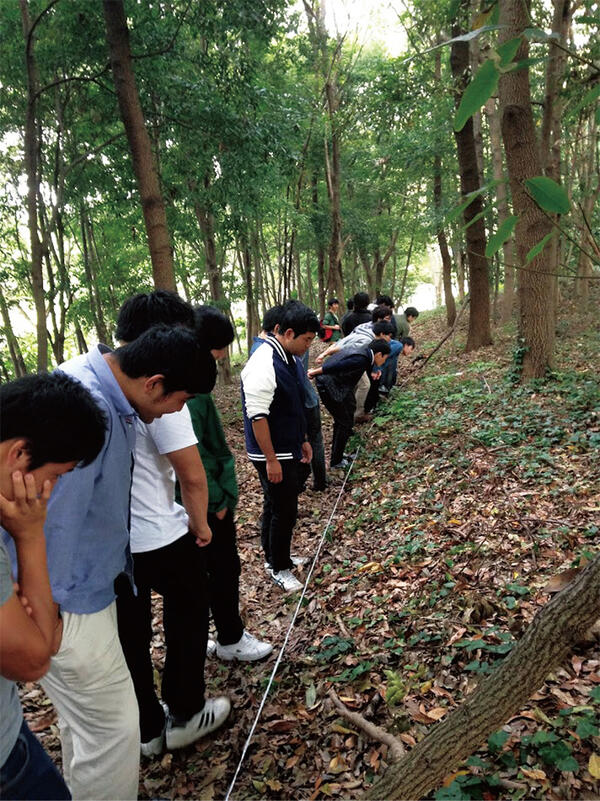
 ecology
ecology environment
environment society
society


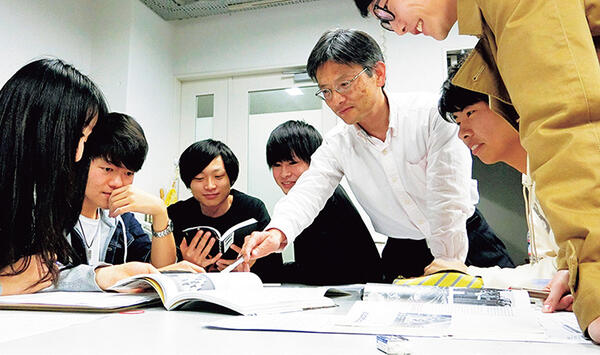
 environment
environment architecture
architecture society
society


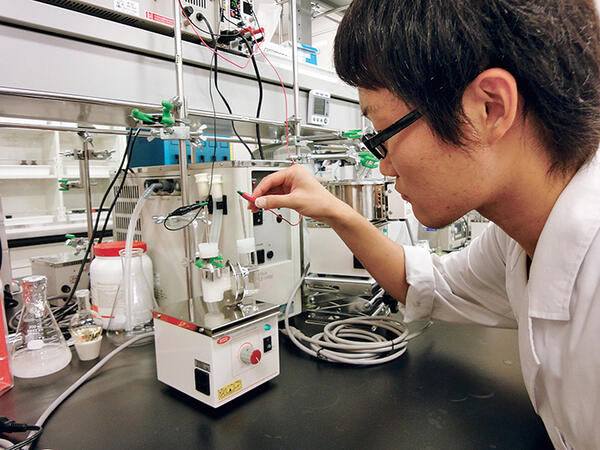
 chemistry
chemistry

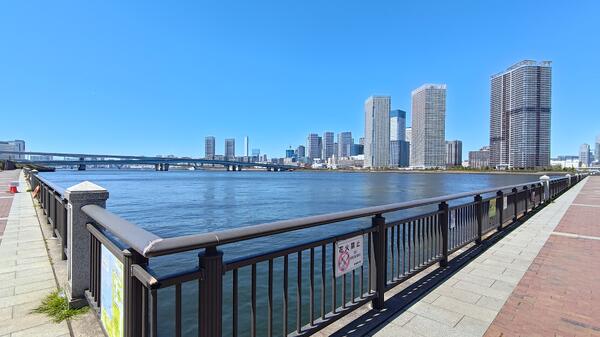
 communication
communication environment
environment society
society

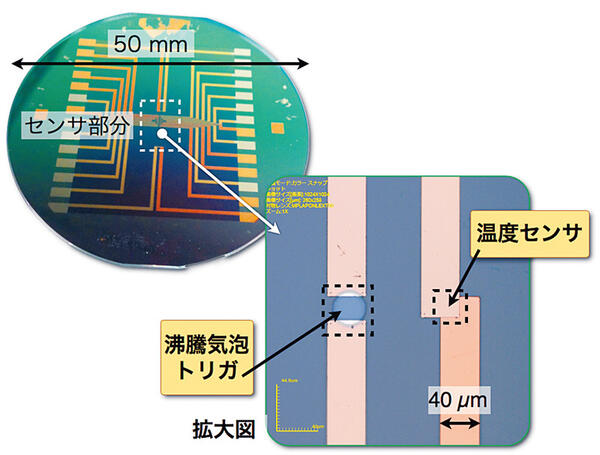
 mechanical
mechanical energy
energy


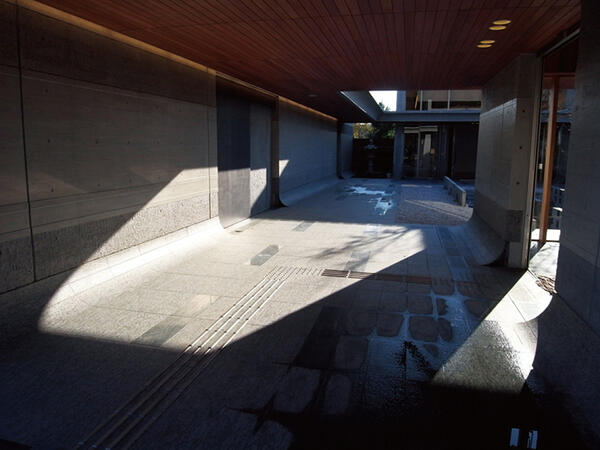
 environment
environment architecture
architecture


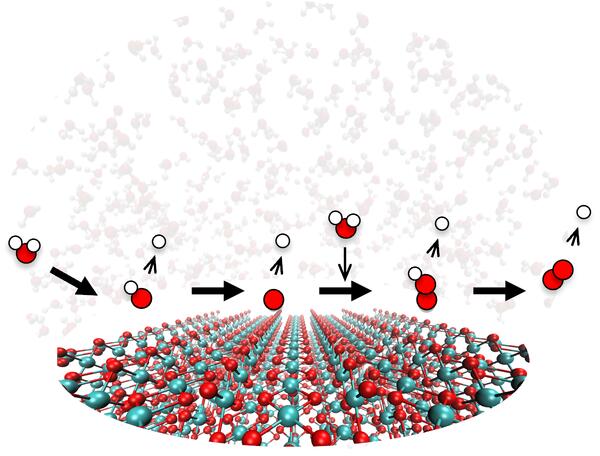
 energy
energy chemistry
chemistry material
material


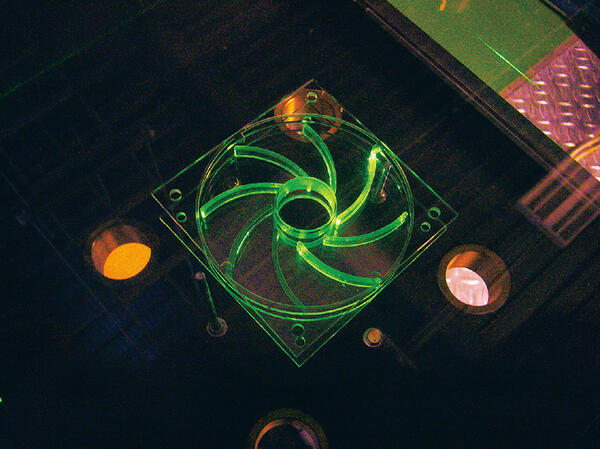
 mechanical
mechanical aerospace
aerospace energy
energy


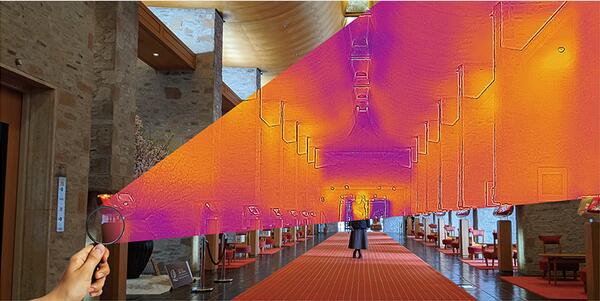
 energy
energy environment
environment architecture
architecture


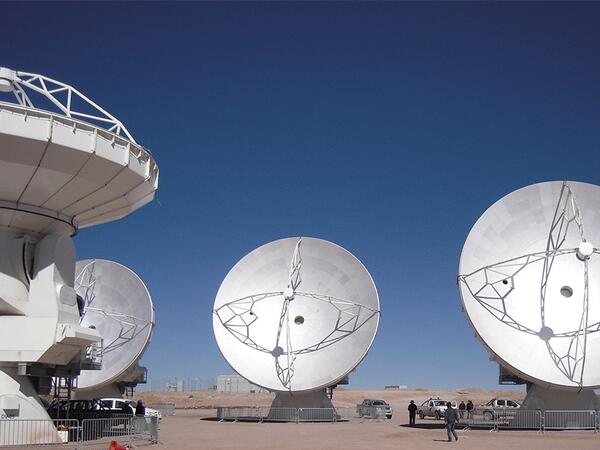
 basic
basic
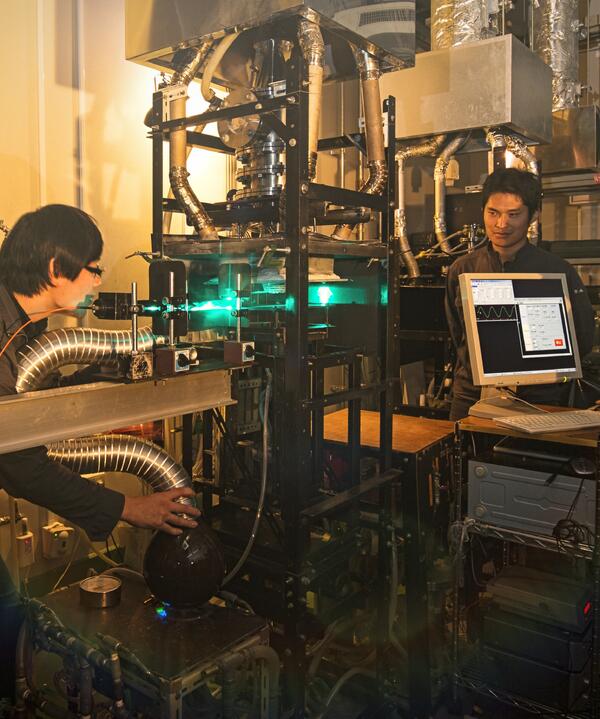
 car
car aerospace
aerospace energy
energy


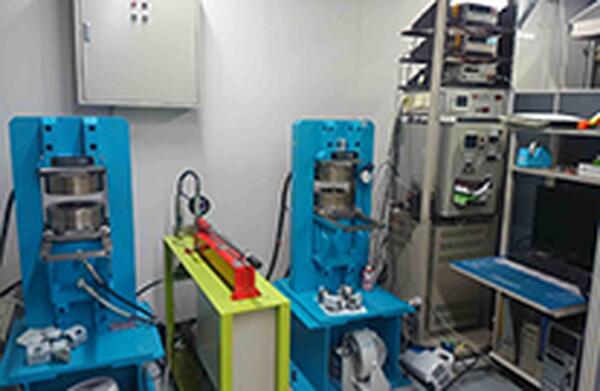
 energy
energy chemistry
chemistry material
material
 safety
safety environment
environment architecture
architecture


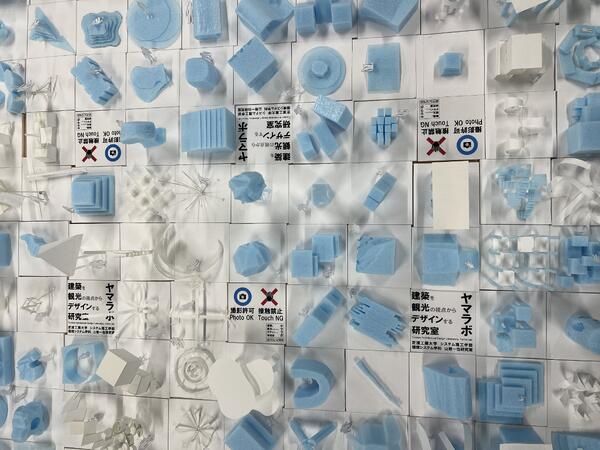
 environment
environment architecture
architecture society
society



 safety
safety society
society education
education


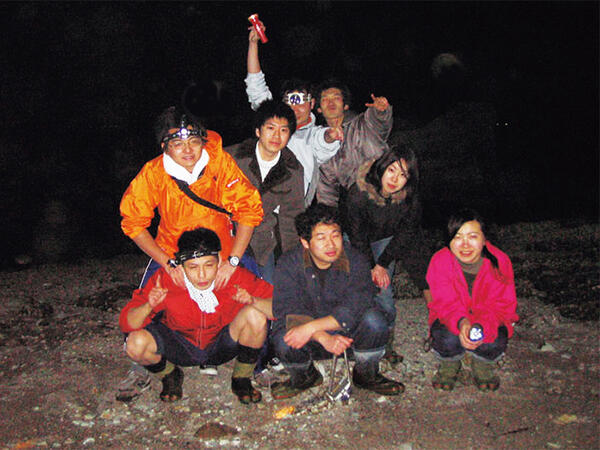
 chemistry
chemistry material
material biotechnology
biotechnology

